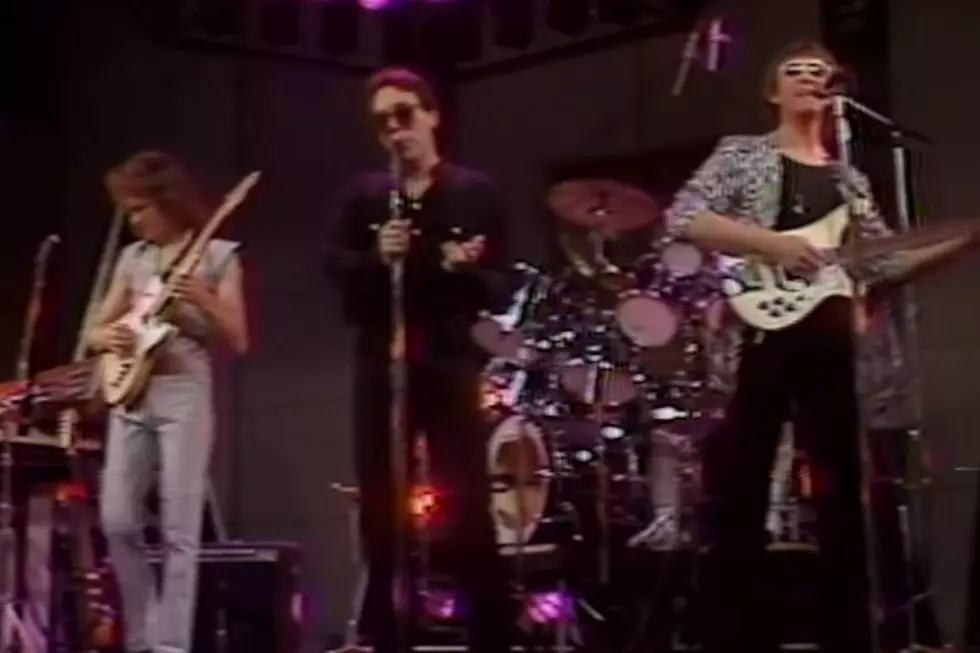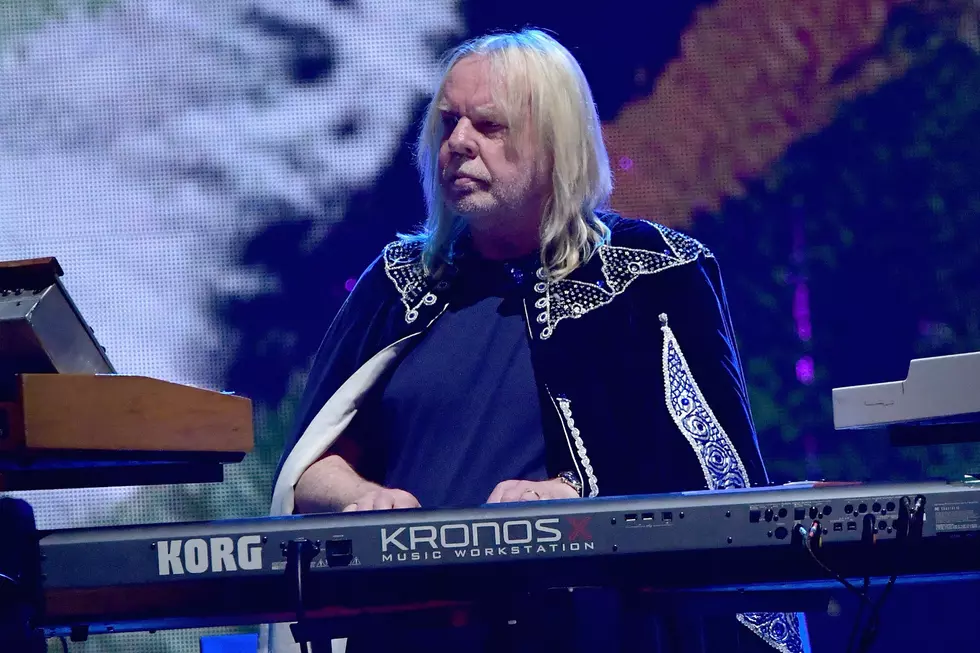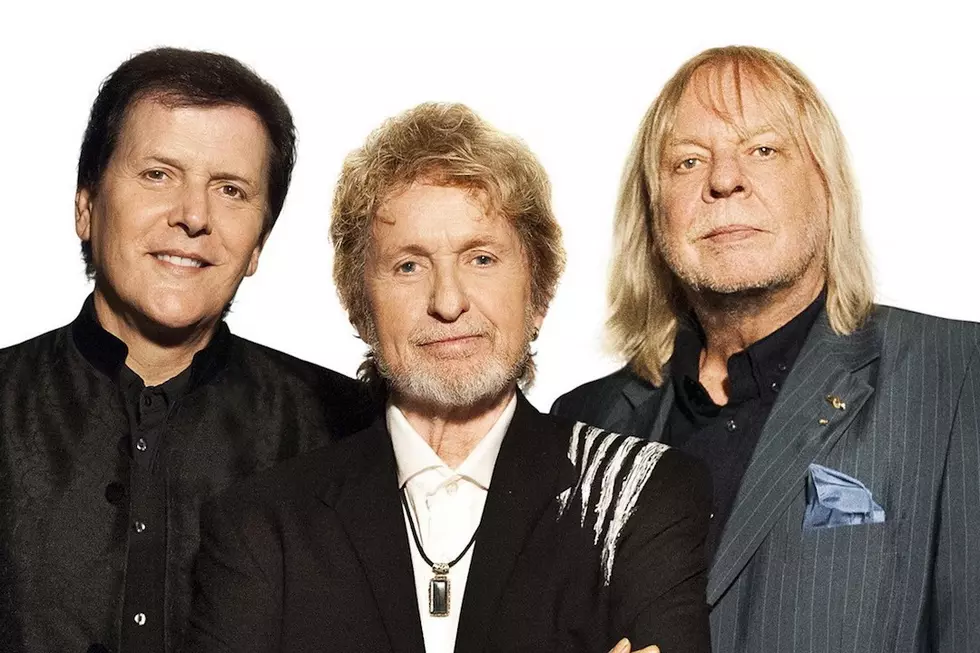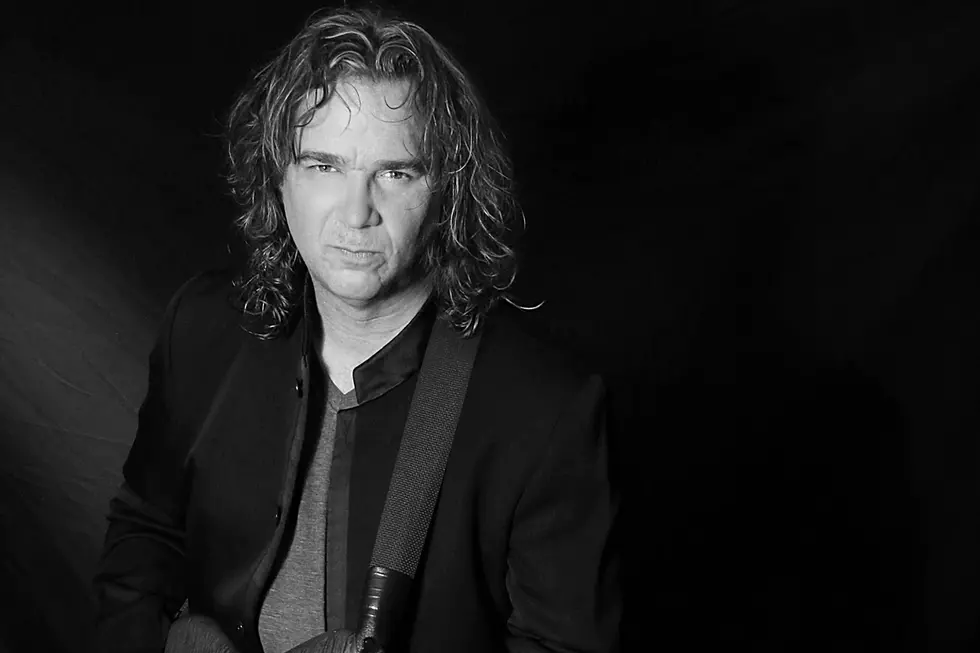
How Yes Changed After the Drama of ‘Drama’
The idea was just crazy enough to work: After the frustrated departure of co-founding singer Jon Anderson and keyboard wizard Rick Wakeman, Yes recruited a pair of New Wave hitmakers – the Buggles' Trevor Horn and Geoff Downes – to kick-start the '80s with their underrated 10th LP, Drama.
The idea was also crazy enough to alienate a decent chunk of their core fan base – and after a challenging tour in which Horn felt awkwardly cast as a frontman, the venerable prog-rock act announced their official breakup in April 1981.
While Yes itself had fractured, the punchy Drama reinvigorated the individual players as they moved on to new projects. “When I came out of that [period], I was pretty fearless musically,” Horn told the Independent in 2014. “It was so difficult, it made everything else seem easy. My wife Jill [Sinclair] knew I wasn’t frontman material. She thought I should concentrate on being a producer.”
Refocused on his studio craft, Horn revived the Buggles name to record a second LP, 1981's Adventures in Modern Recording, which featured minimal contributions from Downes (and a guest "sound effects" appearance from Yes bassist Chris Squire). Notably, the album also included a re-worked synth-pop take on the Drama highlight "Into the Lens" that was named "I Am a Camera."
"I'm actually very proud of [Drama]," Downes told Something Else in 2015. "I think, in hindsight, it’s a quite astonishing piece of work — particularly when you think that we’d only just come together as an outfit. I'm really proud of some of the material. The performing on there, and the parts — the whole way it’s put together, the contrasts, the different songs like ‘White Car' or ‘Run to the Light,' then you've got the epic ‘Machine Messiah' and this frantic track 'Tempus Fugit.' I think we definitely had something right with that album; certainly, the chemistry of those involved was definitely working."
Building on that momentum, the keyboardist joined forces with Yes guitarist Steve Howe to form supergroup Asia, which also featured Emerson, Lake and Palmer drummer Carl Palmer and former King Crimson bassist-singer John Wetton. Their self-titled debut LP, released in March 1982, skyrocketed to No. 1 on the Billboard 200 thanks to the arena-tailored single "Heat of the Moment."
The Yes rhythm section, Squire and drummer Alan White, linked up with Jimmy Page to record demos for planned supergroup XYZ – and after that project hit a roadblock, they released a stand-alone Christmas single, "Run With the Fox," in 1981.
But the Yes brand was too formidable to stay buried. In 1982, Squire and White connected with South African guitarist Trevor Rabin and formative Yes keyboardist Tony Kaye to form a new project, Cinema. With Horn adding his distinctive modern production to their material, the group planted the seeds of a smash – but the final puzzle piece was Anderson, who rejoined to add more vocal presence. The band, now called Yes (for obvious commercial reasons), released 1983's 90125, a set of polished prog-pop heavyweights like "Owner of a Lonely Heart."
Yes have cycled through many line-up changes over the years – some beneficial, some detrimental. But the band's 1981 collapse was ultimately a crucial bridge in their development, redefining their music for a new audience and era.
Yes Lineup Changes: A Complete Guide
More From KLUB Tejano 106.9










